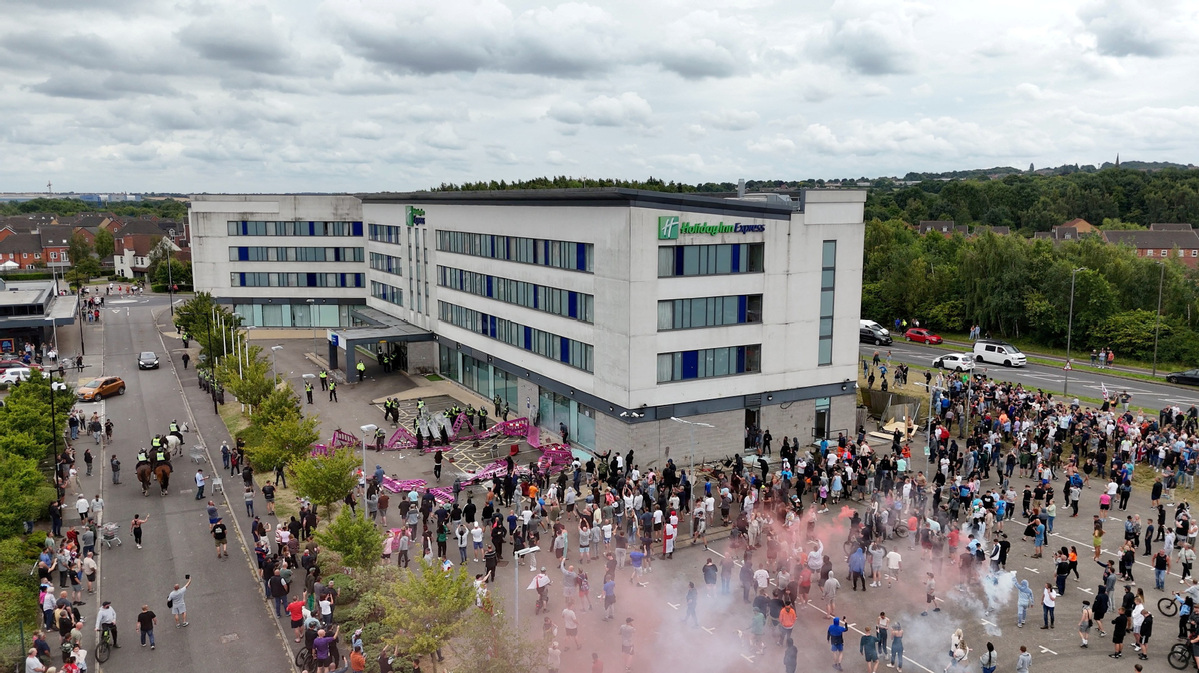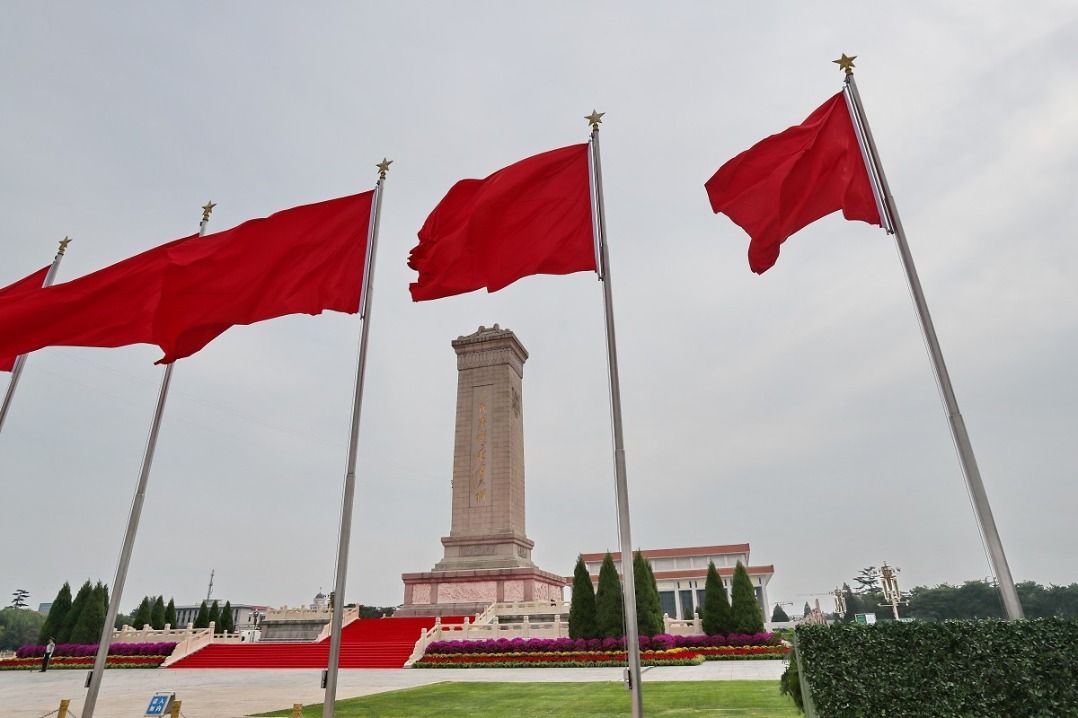Immigrants become scapegoats amid economic challenges in Britain


In the last week, the UK has seen rioting and demonstrations in Southport, Hartlepool, Liverpool, Manchester, Sunderland and near the government headquarters in Downing Street, London. Social media posts suggest further escalation is planned.
The trigger for them seems to have been the tragic stabbing of young children leading to three deaths at a summer school class in Southport, in the North West of England. While there has been an outpouring of grief and shows of support for the families, the incident has been hijacked by anti-immigration campaigners who falsely have suggested that the perpetrator was an illegal immigrant, despite his identity having been confirmed as born in the UK and living in the area.
The issue of what some see as excessive net immigration into the UK was brought into focus by the then UKIP political party, led by Nigel Farage, who campaigned in 2016 for UK independence from the EU and to take back control of the UK’s law-making and borders. While not winning seats, UKIP’s threat was enough for David Cameron’s Conservative Party to campaign for a referendum on EU membership – thus it came to pass that the UK narrowly voted to leave the EU and moved towards a more restrictive, point-based system of visas, to limit net immigration.
Fast forward, and legal net immigration is far from under control, the numbers have exploded from around 310,000 in 2016 to around 685,000 in 2023. A major component of the increase has been foreign students and their dependents. Yet the element that has been most visible and separate has been illegal immigration, mainly from boat crossings and stopping this number, running last year at around 52,000 a year, was thus made a key policy of the recently ousted Conservative government and the incoming Labour government.
Alongside this, Nigel Farage has recently returned as leader of the Reform UK party with a groundswell of support, carrying 5 candidates into Parliament. His party demands strong action to lower net immigration and he is a vocal campaigner on the issue.
In a cost of living crisis and huge pressures on Britain’s National Health Service and other support services, this high immigration can be presented by some as a cause of the problem. The perceived failure of those in power to deal with the problem has prompted “enough is enough” demonstrations to which some willing to commit criminal damage and violence against the police have been attracted. Within this, there have been threats to mosques as a symbol of what these groups see, without evidence, as an immigration problem.
Sadly, in the UK there have been regular tragic fatal stabbings and while mental health issues and local disputes form in the background, it is getting too easy to harness future events to false causes and promote riots through disinformation. It is also widely expected that. in more accommodating Summer weather and with the recent cancellation of the so called “Rwanda deterrent,” boat crossings will increase notably before new government policies can show their effectiveness.
While Britain is seen as a multicultural society, to which immigrants have richly contributed, challenging economic times can lead some to look to place blame on them. And to see certain groups as a threat to society and safety. This unjustified stereotyping is the real threat and all political leaders should support the rule of law and the right to peaceful co-existence.
Colin Speakman is an economist from the UK and an international educator specializing in China.
The opinions expressed here are those of the writer and do not necessarily represent the views of China Daily and China Daily website.
































